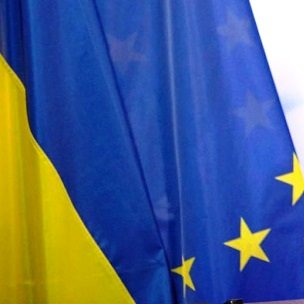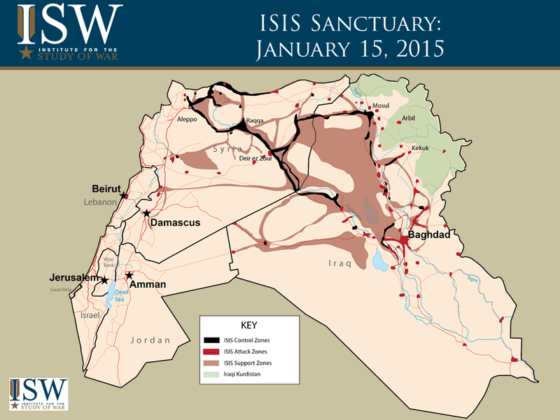(The National Interest) The United States and the EU have demonstrated significant commitment to Ukraine’s success since the Maidan revolution. However, no Western leader has ever suggested that Ukraine has a blank check—that the Western commitment is without limits. Instead, as evidenced by the measured extent of financial and military assistance to Ukraine, this commitment is both limited and conditional. In particular, if Kyiv’s promises to implement meaningful reforms are not fulfilled soon, then Western support might evaporate.
Russia has also demonstrated significant commitment to achieving its objectives in Ukraine. The Kremlin has shown willingness to incur significant costs—international sanctions, political isolation and economic and human losses from the military conflict—since the crisis broke out a year ago. Thus, in contrast to the West, Russia’s actions demonstrate that its commitment in this conflict is essentially unconditional and unlimited.
Thankfully, Ukraine’s circumstances have not deteriorated to the point of the U.S. big banks in 2008, when the federal bailout demonstrated that they were in fact too big to fail. But the threat of a dramatic deterioration in Ukraine’s security or economic conditions looms large in 2015. Policy makers in Kyiv certainly need to prepare for the worst. After a year of nearly every Western leader proclaiming firm commitments to Ukraine, some of those policy makers might well believe that they can still take certain risks; after all, they might reassure themselves, the West will never allow Ukraine to fail. While we cannot say with certainly that such a reassurance is baseless, there is strong evidence to suggest precisely that. […]
[Co-authors: Samuel Charap and Tymofiy Mylovanov]
See the full article © The National Interest











